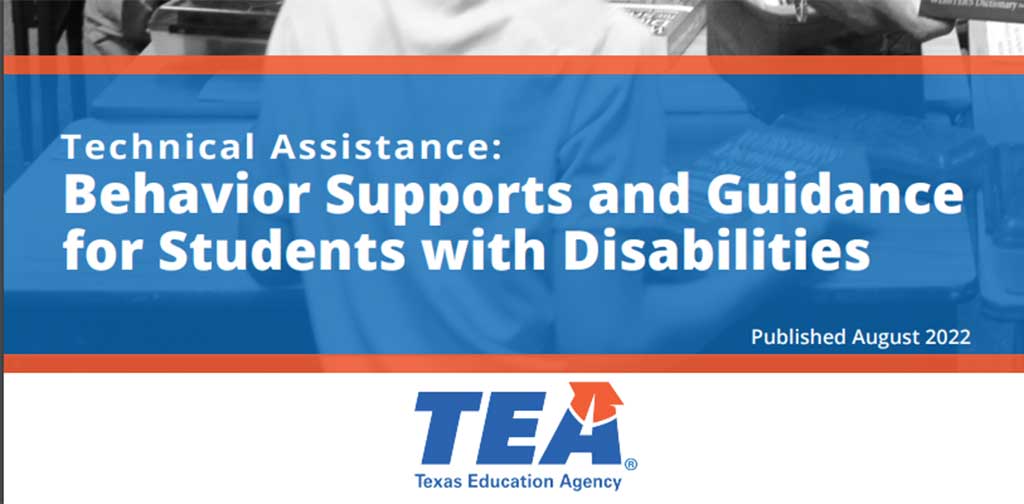Schools refuse to accept the fact that “education” as used in an I’E’P is not just grades. This issue comes up in the context of arguments over whether FAPE has been provided, and whether a child should be eligible for an IEP. The argument frequently turns on whether a child who earns good or even exceptional grades can be eligible, and whether good grades insulate a district from charges that FAPE has been denied. Schools view the scope of their responsibility narrowly to include only academics, frequently to the exclusion of equally important issues such as emotional and social well being. Two new cases have squarely addressed the issue of eligibility, and an old case that I successfully tried answered the question as to FAPE.
In the Illinois case John F. v. District, the child was on track to be the valedictorian for his Junior High School class, when he was suspended for 22 days with almost no services for talking in the hall to another student. His speech was construed to be of a threatening nature in the immediate wake of the Columbine High School shootings. The hearing officer ruled that his rights to procedural and substantive FAPE had been denied even though his grades did not drop as a result of the suspension. The school district argued on appeal to the district court that it could not have denied this child a FAPE since his grades remained high. The District Court found this argument to be “ludicrous” since the reason the child had an IEP was for social and emotional issues and not academics. The court refused to apply an academic litmus test to the issue of FAPE. Despite the clarity of this decision, and others like it, this issue still is litigated frequently especially for children who are twice exceptional (e.g. gifted and learning disabled).
The District Court in Maine recently ruled on a case involving a young woman who was diagnosed with Asperger’s syndrome and depression. She had very limited social skills, inflexibility regarding changes in routine, and suffered from depression to the point she had suicidal ideation. The school acknowledged these facts to be true, but argued that she was not eligible for services under IDEA since there was no connection between her social and emotional needs and her academic performance (e.g. she got good grades), and accordingly there was no adverse educational impact.
The court rejected this argument and found that social and emotional well being were not merely a means to the ends of achieving or not achieving good grades, but rather “educational ends”. The court explained its reasoning:
“Education is not merely the acquisition of academic knowledge, but also the cultivation of skills and behaviors needed to succeed in life.”
The other recent case from the conservative 11th Circuit Court of Appeals ruled very similarly to the Mr. and Mrs. case but I did not elaborate on its reasoning. IDEA 2004 has re-emphasized this point. IEPs are about academics, but also are about social, emotional, developmental, functional and vocational progress. Schools need to recognize that a child who gets good grades, but cannot relate to his or her co-workers, cannot successfully maintain social relationships, and who suffers from suicidal ideation will have a poor quality of life, if any life at all.
Even with these recent decisions and the emphasis of IDEA 2004, I am still doubtful that districts will finally recognize that the scope of their mission is not strictly academic.
Posted by Charles Fox on February 13, 2006 in the IEPyahoogroup



